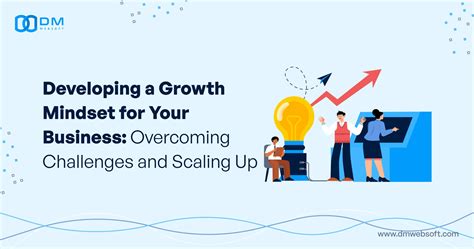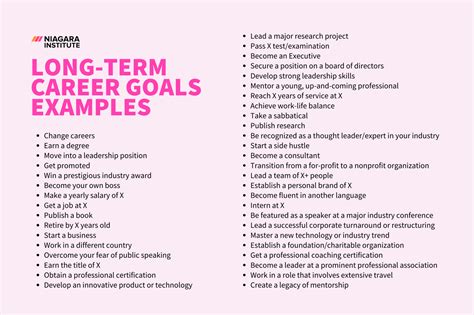Plateaus are an inevitable part of any significant journey, whether it’s building physical strength, accumulating wealth, or advancing professionally. That feeling of stagnation, despite consistent effort, can be incredibly demotivating. However, the secret to pushing past these seemingly insurmountable walls isn’t always about working harder; it’s often about working smarter on your most powerful tool: your mindset. By intentionally training your mental approach, you can transform frustration into fuel and turn setbacks into springboards for success.
Understanding the Nature of Plateaus
A plateau isn’t necessarily a failure; it’s often a signal that your current strategy has reached its limits. In fitness, it might be a weightlifting personal best you can’t break. In finance, it could be a stagnant income or savings account. In your career, it might manifest as a lack of promotion or feeling unchallenged. The common thread is a perceived lack of progress despite continued effort. It’s at these junctures that a resilient and adaptive mindset becomes crucial.

Cultivating a Growth Mindset
At the core of overcoming plateaus lies Carol Dweck’s concept of a growth mindset. Instead of viewing your abilities as fixed, a growth mindset embraces the belief that your intelligence, talents, and skills can be developed through dedication and hard work. When faced with a plateau, someone with a fixed mindset might give up, believing they’ve hit their inherent limit. A person with a growth mindset sees it as an opportunity to learn, adapt, and refine their approach.
- Embrace Challenges: See obstacles as opportunities for learning, not threats to your ego.
- Learn from Criticism: View feedback as a valuable tool for improvement, not personal attack.
- Persist Despite Setbacks: Understand that effort and strategy are key to progress, not just innate talent.
Strategic Goal Setting and Re-evaluation
Often, plateaus stem from unclear or outdated goals. Revisit your objectives with the S.M.A.R.T. framework (Specific, Measurable, Achievable, Relevant, Time-bound). Are your goals still challenging yet attainable? Have your priorities shifted? Sometimes, breaking a large, intimidating goal into smaller, manageable milestones can reignite motivation and reveal new pathways forward. Regular reflection and adjustment are essential components of an anti-plateau mindset.

Building Resilience and Mental Toughness
Resilience isn’t about avoiding failure; it’s about how quickly and effectively you bounce back from it. Mental toughness is the ability to maintain focus and confidence under pressure and adversity. When a plateau hits, it tests your resolve. Practice mindfulness to observe your negative thoughts without judgment, then actively reframe them. Engage in activities that build self-efficacy and remind you of past successes. This internal fortitude is your secret weapon against stagnation.
Overcoming Fitness Plateaus
In fitness, plateaus are common. Your body adapts, and what once worked effectively may no longer yield results. A growth mindset here means being open to changing your routine, trying new exercises, or adjusting your nutrition. Focus on non-scale victories – improved sleep, increased energy, better mood, or a new skill mastered. Celebrate small improvements in form, endurance, or strength, rather than fixating solely on a number on the scale or a single lift.

Breaking Through Financial Plateaus
Financial stagnation can be particularly frustrating. Whether it’s a lack of savings growth, an inability to get out of debt, or a static income, mindset plays a huge role. Instead of feeling defeated, adopt a learning mindset. Seek out new financial knowledge, explore additional income streams, or re-evaluate your spending habits with a critical yet compassionate eye. Financial growth often requires patience and consistent small actions rather than grand gestures. Automate savings, track expenses rigorously, and set realistic short-term financial goals.

Advancing Beyond Career Plateaus
Career plateaus often manifest as a feeling of being stuck, lacking opportunities for advancement, or boredom with current responsibilities. To overcome this, cultivate a proactive and curious mindset. Identify skill gaps and actively seek training or new experiences to fill them. Network strategically, inside and outside your organization, to gain new perspectives and uncover hidden opportunities. Volunteer for challenging projects, mentor others, or even explore side projects that align with your long-term ambitions. Your career trajectory is largely within your control when viewed through a lens of continuous learning and strategic action.

Conclusion: The Power of Consistent Mindset Work
Overcoming plateaus in fitness, finance, and career is less about brute force and more about strategic psychological conditioning. By consciously adopting a growth mindset, setting clear and adaptable goals, building resilience, and applying these principles specifically to each domain, you equip yourself with the mental tools to push through perceived limits. Remember, progress is rarely linear. It’s the ability to navigate the dips and plateaus with a strong, adaptive mindset that ultimately defines your long-term success and satisfaction.




